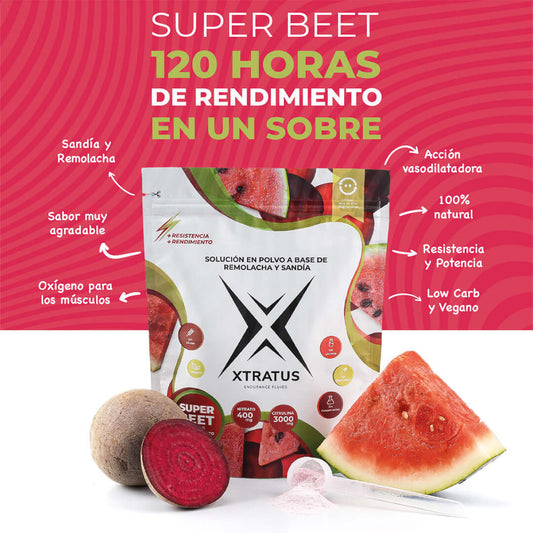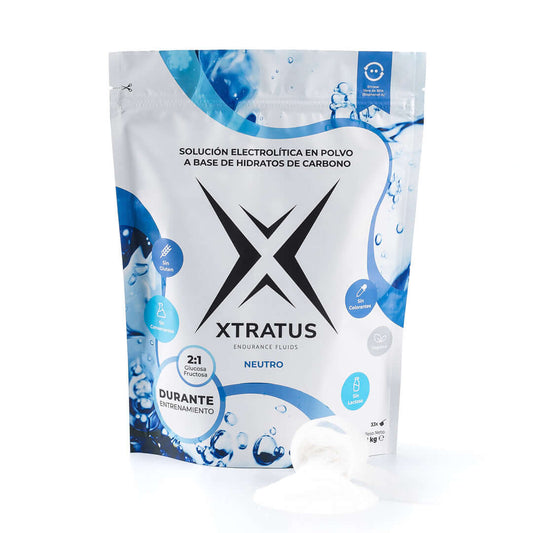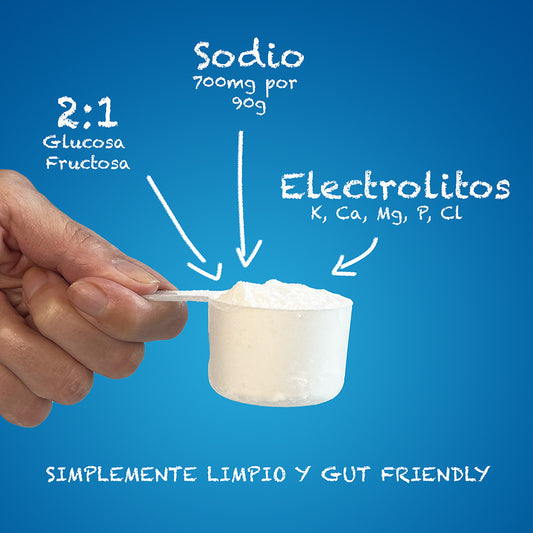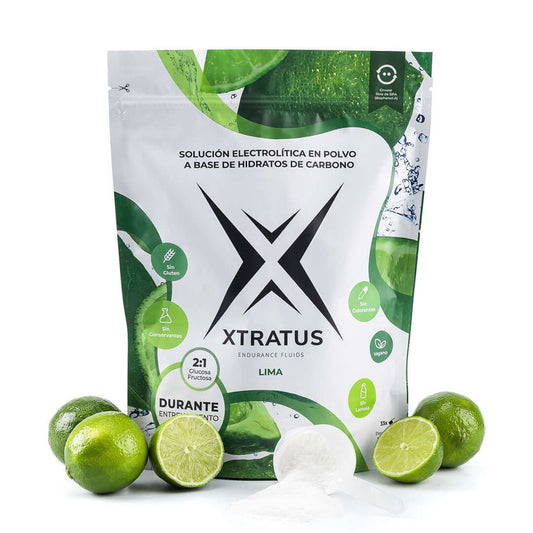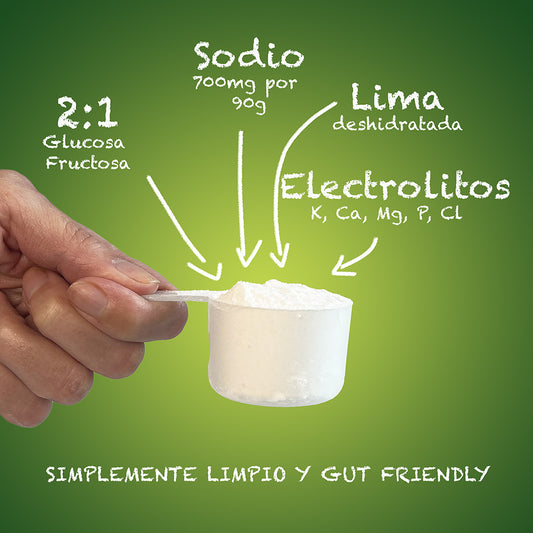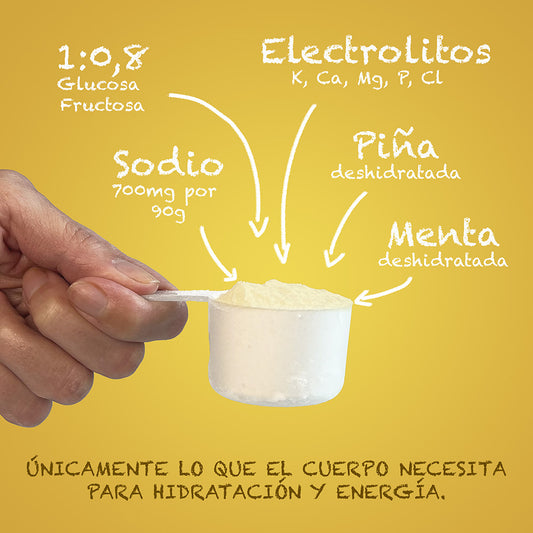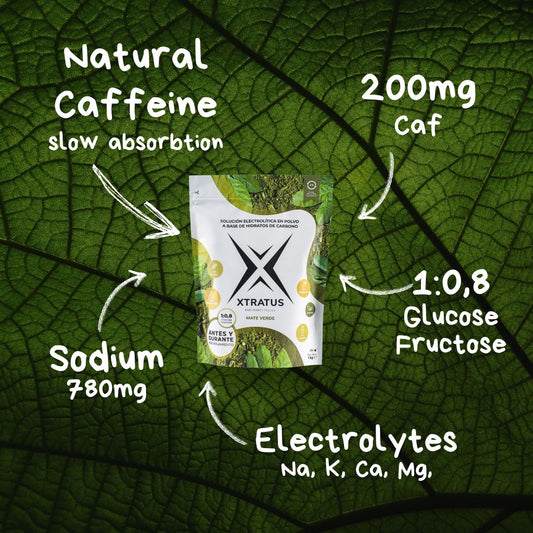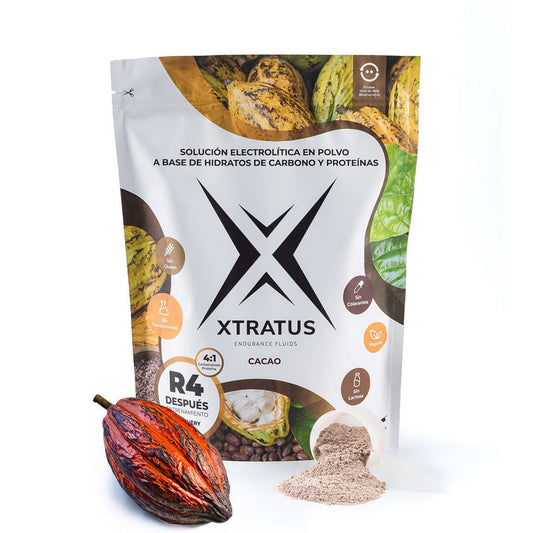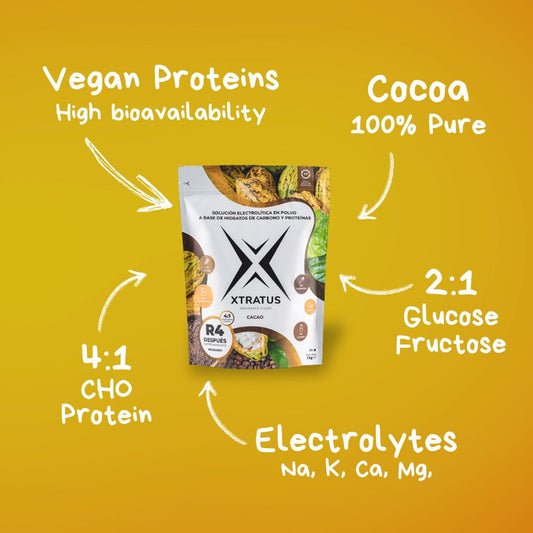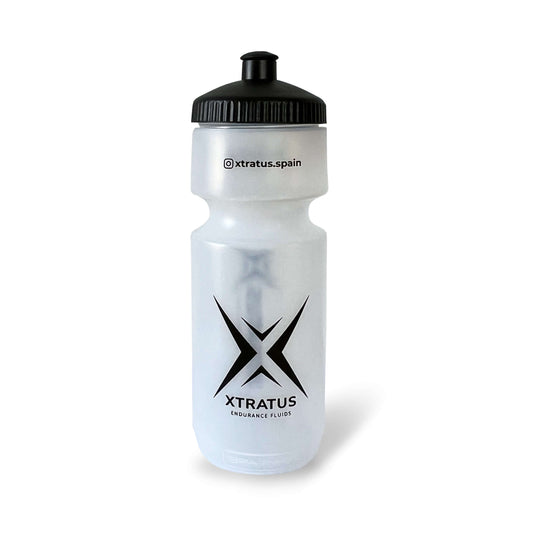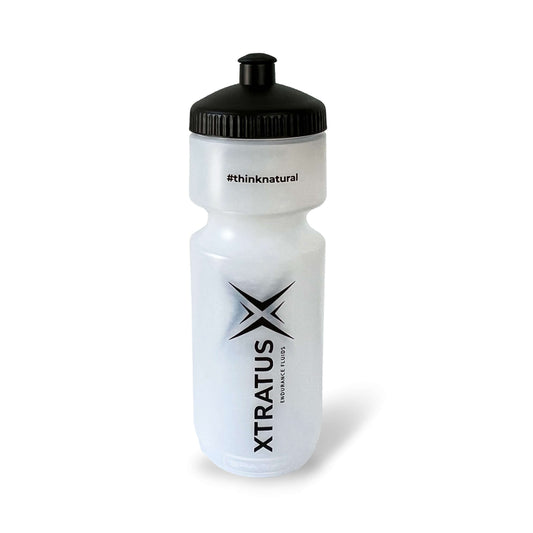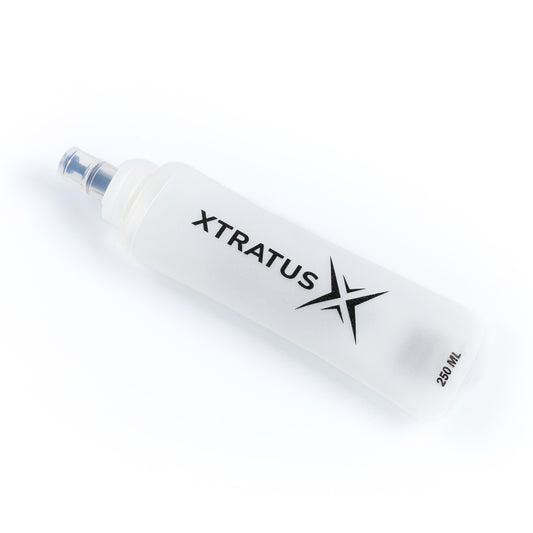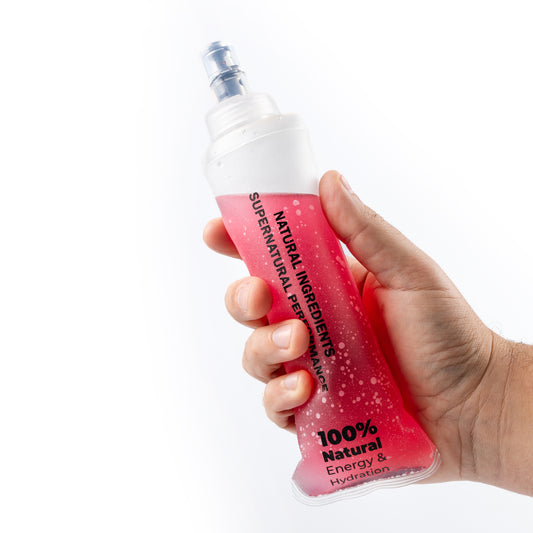
Ideal nutrition for high intensity intervals sports athletes
High-intensity interval sports, also known as "stop and go" sports, such as volleyball, soccer, basketball, and tennis, require coordination, agility, and concentration. Quick reactions in these sports require bursts of energy, speed, and power.
Alternating periods of intense strength and speed, with short or long rest periods, engage all of the body's major energy systems. Therefore, meals and snacks throughout the day for these athletes should include an appropriate combination of all foods and nutrients.
The amount of food and nutrients needed varies among athletes. Some factors to consider include:
- The athlete's height, weight, age, sweat rate, stage of development, sport played, and position played.
- Although amounts vary, carbohydrates should be the primary component of a young athlete's diet for sustained energy and optimal performance during events, especially tournaments and matches.
- Protein should be present at every meal for muscle maintenance and to aid muscle recovery after events.
- Fat is also important for satiety (feeling full), as well as for brain development and function, and potentially for reducing inflammation. Learn more about healthy fats for young athletes.
Main concerns of the athlete in high-intensity interval sports
Early physical exhaustion
Due to the intensity of some extreme sports (such as basketball, soccer, tennis, and hockey) and the length of some games (such as baseball or soccer) and tournaments (such as basketball, soccer, tennis, and volleyball), athletes may use up their energy reserves before the end of the event. This becomes a problem, especially if the athlete did not have a proper meal or snack earlier in the day or before the event and does not bring appropriate snacks to consume during the event.
Season-ending injury
If this pattern of exhaustion continues, constant fatigue during events can put the athlete at greater risk of injury due to decreased motor skills and performance. Poor nutrition or lack of fuel can also lead to a lack of important nutrients such as protein, fat, iron, calcium, and vitamin D, which can also increase an athlete's risk of injuries such as stress fractures.
Dehydration
Dehydration is another factor that contributes to fatigue, but it also causes headaches and muscle cramps in young athletes. Any of these can lead to decreased performance and injury. Of particular concern are young athletes who play in the heat or with additional equipment, such as soccer, softball, and hockey. Dehydration in these young athletes can lead to heat illness if not recognized and treated properly.
Nutritional solutions for young athletes in high-intensity interval sports
Adequate fuel and hydration before and during events.
Eat a balanced meal at least three to four hours before the event and have a small snack just before the event if necessary. Be sure to provide quality carbohydrates to maintain energy levels until the end of games and tournaments.
Popular suggestions include fruit slices, dried fruit, crackers, pretzels, fig bars, or sports drinks like Xtratus Endurance, which is made with multiple, fast-digesting simple carbohydrates, sodium, and essential minerals. Be sure to bring plenty of water, encouraging sips during breaks.
Balanced meals throughout the day.
An athlete's plate should consist of:
- Variety of carbohydrates: Mix them up with sources like milk and yogurt, whole grains, fruits, and starchy vegetables. Carbohydrates provide both short- and long-term energy to fuel a workout, game, or tournament.
- Lean protein: Protein is important for repairing torn muscles and building tissue.
- Healthy fats: Fat is important for the growing brain and has potential anti-inflammatory benefits.
- Healthy fats, such as monounsaturated and polyunsaturated fats, are important for brain development and function, aid in the absorption of vitamins A, D, E, and K, and may have anti-inflammatory benefits.
Getting carbohydrates, proteins, and fats from a variety of sources ensures that athletes also receive adequate amounts of other nutrients such as calcium, vitamin D, and iron, among many others. Consuming enough calories from carbohydrates, proteins, fats, and these nutrients helps promote optimal recovery and prevent injury.
Hydration
Drink fluids consistently throughout the day. Most athletes should choose water and milk. Be sure to bring plenty of water to events, adding a sports drink (for electrolytes and carbohydrates) if possible without other ingredients that could upset the stomach or intestines if necessary.
For those who sweat excessively, salt can be added to drinks or salty snacks can be incorporated at half-hour intervals, or supplemented with Xtratus, formulated with the necessary sodium for better absorption and synthesis of glucose in the intestine.


